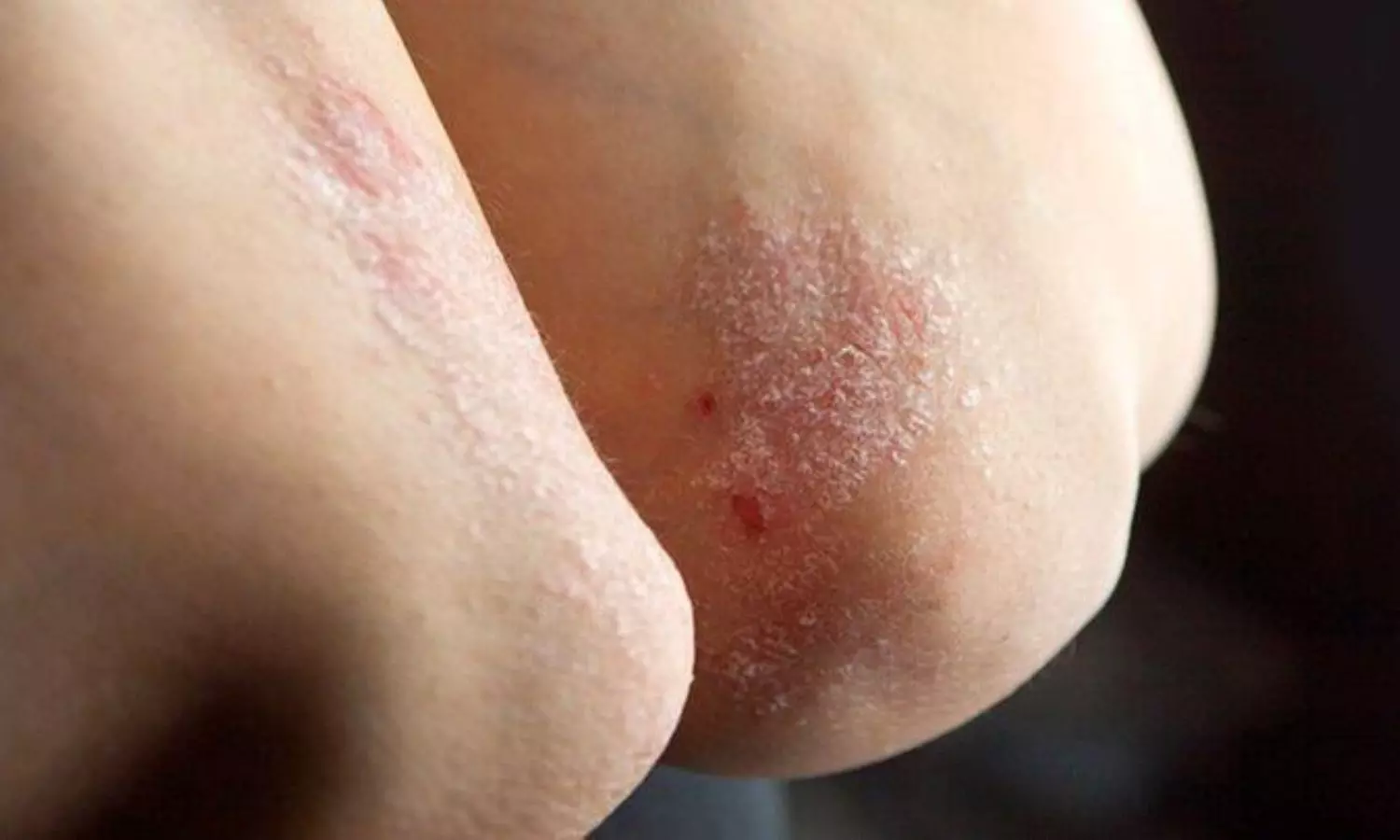Severe Skin Reactions Linked to 15-Fold Higher Risk of Autoimmune Diseases: Study

Taiwan: Patients who experience severe cutaneous adverse reactions (SCARs) could face a markedly higher risk of developing autoimmune diseases (ADs), according to a large population-based cohort study published in Clinical and Experimental Dermatology. The study was conducted by Tzu-Min Lin and colleagues from the Division of Rheumatology, Immunology, and Allergy at Taipei Medical University Hospital in Taiwan.
SCARs are rare but potentially life-threatening reactions to medications that affect the skin and mucous membranes. Despite their severity, little is known about the long-term autoimmune complications that may follow. This study aimed to bridge that gap by investigating whether individuals who have experienced SCARs are more likely to develop autoimmune disorders.
Using data from the Taiwan National Health Insurance Research Database, the researchers established a study cohort of 21,170 individuals with SCARs. These participants were matched with 211,700 individuals without SCARs to form a control group. The researchers monitored the participants for a median of 5.2 years to track the onset of autoimmune diseases.
The study led to the following findings:
- During the follow-up period, 2.2% of individuals in the SCARs group developed autoimmune diseases, compared to 0.14% in the control group.
- The incidence rate of autoimmune diseases was 418.5 per 100,000 person-years in the SCARs group, markedly higher than 27.0 per 100,000 person-years in the control group.
- Patients with SCARs had a 15.5-fold increased risk of developing autoimmune diseases, as indicated by the adjusted hazard ratio.
- The autoimmune conditions observed in association with prior SCARs included systemic lupus erythematosus, rheumatoid arthritis, type 1 diabetes mellitus, Hashimoto’s thyroiditis, inflammatory bowel disease (IBD), psoriasis, systemic vasculitis, ankylosing spondylitis, primary Sjögren’s syndrome, and Graves’ disease.
These findings highlight a potentially serious long-term consequence for patients recovering from SCARs. While the skin reactions themselves may resolve, the immune system dysregulation triggered during these episodes could pave the way for future autoimmune complications.
The authors emphasized the importance of long-term monitoring in patients who have experienced SCARs. “Our findings suggest the need for heightened awareness and surveillance for autoimmune diseases in this patient population,” they noted. They also called for further research to explore the biological mechanisms underlying the observed association.
“The study sheds light on a strong link between SCARs and an elevated risk of autoimmune diseases, urging clinicians to remain vigilant about potential long-term health outcomes even after the acute skin reactions have subsided,” the authors concluded. These findings highlight the importance of continued monitoring, as physicians should be alert to the possibility of long-term complications that may emerge following the resolution of SCARs.
Reference:
Lin, T., Chang, Y., Shen, Y., Hsu, H., Chen, W., Lee, H., Kuo, T., Chen, S., Chen, J., & Chang, C. Severe cutaneous adverse reactions and risk of autoimmune disease, including psoriasis and ulcerative colitis: A cohort study. Clinical and Experimental Dermatology. https://doi.org/10.1093/ced/llaf344
Powered by WPeMatico



